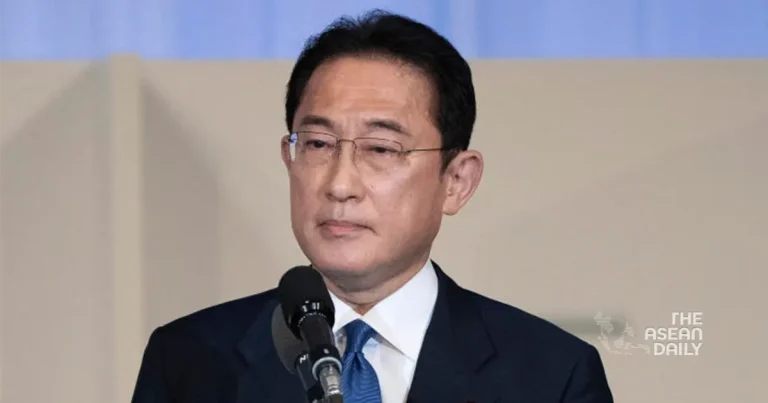17-7-2024 (TOKYO) In a solemn act of contrition, Japanese Prime Minister Fumio Kishida has formally apologized to the victims of forced sterilization surgeries conducted under the now-defunct “eugenics protection” law. The apology comes two weeks after Japan’s Supreme Court ruled the law unconstitutional, demanding the government compensate the plaintiffs for the grave injustice they endured.
During a meeting at the Prime Minister’s office, Kishida extended a heartfelt apology directly to the victims, acknowledging the government’s “extremely grave responsibility” in enforcing the discriminatory law. “The government, which enforced the law, bears extremely grave responsibility. I am deeply sorry, and I offer an apology on behalf of the government,” he stated, addressing over 100 plaintiffs, lawyers, and supporters gathered.
Kishida further pledged to swiftly investigate and determine the appropriate form of compensation for the victims. “I have instructed an investigation to reach a conclusion as soon as possible on the form of compensation. I will do everything in my power to resolve the issue as quickly as possible,” he affirmed, underscoring the government’s commitment to righting the historical wrong.
The “eugenics protection” law, often labeled as the worst human rights violation in post-World War II Japan, allowed for the forced sterilization of individuals with intellectual disabilities, mental illnesses, or hereditary disorders without their consent. The law, enacted in 1948 and repealed in 1996, was a misguided attempt to prevent the birth of “inferior” offspring, reflecting the deeply problematic eugenic beliefs of the time.
On July 3, Japan’s Supreme Court delivered a landmark ruling, declaring that the statute of limitations of 20 years for an unlawful act does not apply to cases involving the “eugenics protection” law. This ruling paved the way for victims to seek compensation from the government.
The plaintiffs attending the meeting with Kishida were among a total of 39 individuals who have sought damages in similar lawsuits filed at 11 district courts and a branch court since 2018. In four of the five cases, high courts had previously ruled in favor of the plaintiffs, ordering the government to pay substantial sums ranging from 11 million yen ($69,500) to 16.5 million yen ($103,500) to each victim, and 2.2 million yen ($13,800) to the spouse of a deceased victim.




